

Prof John Weeks
PEF Council Coordinator 2018 - 2020
John Weeks was Professor Emeritus of Development Economics at SOAS, University of London. He advised many international organizations and governments in Europe, the Americas, Asia and Africa. His most recent book was The Debt Delusion: Living within our means and other Fallacies (Polity 2019).
His other books included a theoretical critique of mainstream macroeconomics, The Irreconcilable Inconsistencies of Neoclassical Macroeconomics (Routledge 2012), and for the general reader The Economics of the 1%: How mainstream economics serves the rich, obscures reality and distorts policy (Anthem 2014).
Sadly John Weeks died on 26th July 2020. PEF's forthcoming book The Return of the State is dedicated to John's memory and his work for PEF
Tributes to John can be found here and here

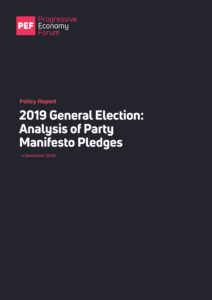
2019 General Election: Analysis of Party Manifesto Pledges

10 Years Since The Crash: Causes, Consequences and the Way Forward

Fiscal Deficit and Public Debt too Large?
As Britain enters a severe recession that will lead to large fiscal deficits and growing public debt, a question presents itself — when are deficits and debt too large?

Coronavirus Borrowing and What Causes Inflation
Far from a problem, moderate rates of price increase signal a healthy, expanding economy.
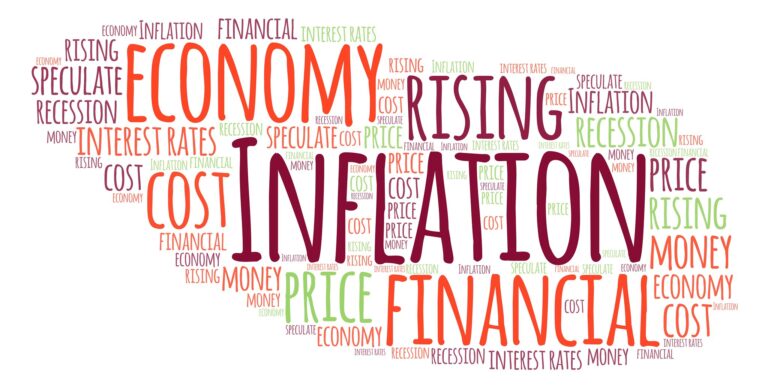
Debt Monetization and Inflation Ideology
Market economies tend to generate unemployment not full employment. Real economies produce many goods and services with quite different process of price determination. Governments and central banks at most influence not determine money in circulation. Inflation is not the result of too much money. That is its consequence.
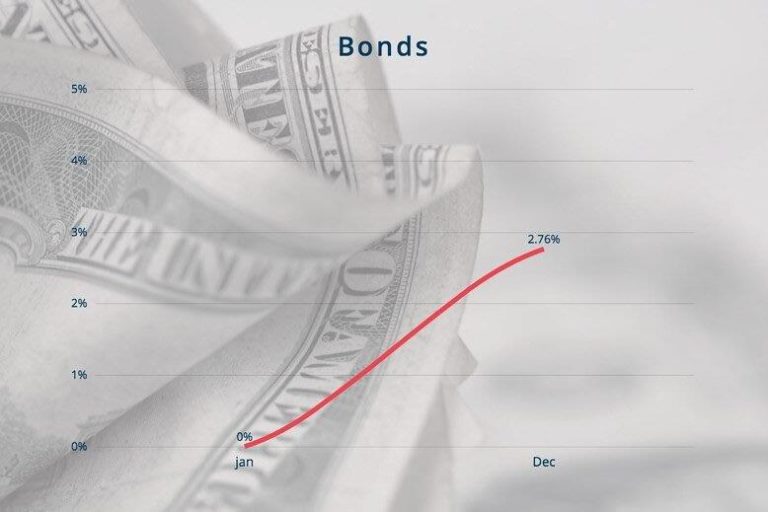
Monetization: Justification, Process and Outcomes
Preventing speculation and complementing fiscal policy provide strong motivations for monetization.
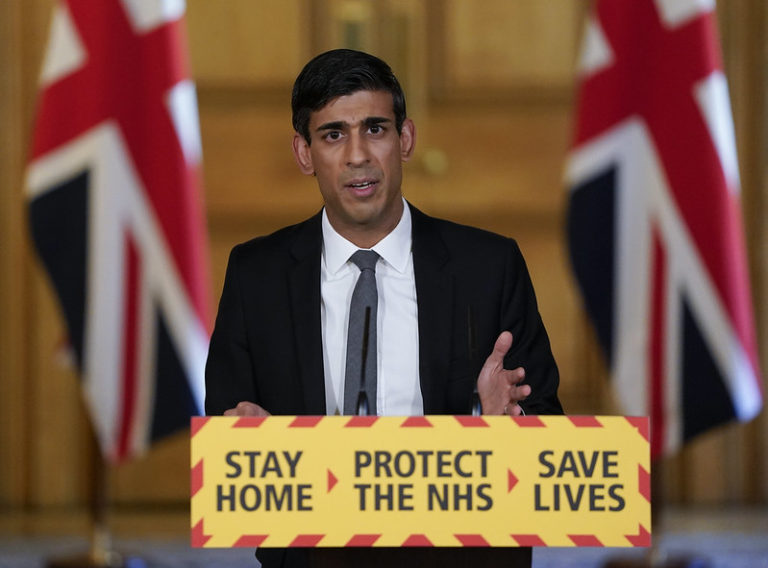
Coronavirus will drive public debt far higher than expected – but that doesn’t mean a return to austerity
To achieve sustained recovery, the government might need to have household debt partially cancelled. The chancellor’s recovery programme addresses corporate debt to some extent, by providing businesses with loans with generous payback conditions and other support.

Dealing with the health crisis: rationing and price controls
John Weeks argues the coronavirus outbreak requires measures including quantity rationing and price controls, alongside a rethink of UK labour market policy.
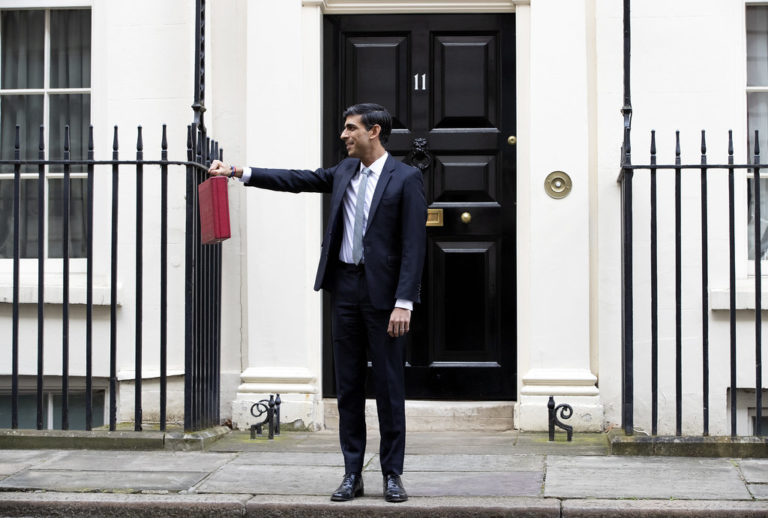
The End of Austerity Speak
The United Kingdom has made its first step toward ending the rhetoric of fiscal austerity, yet reactions to the budget on 11th March demonstrate how engrained the austerity ideology is in the media.

The 2020 Budget
The day following the 2020 budget, PEF interviewed five members of the PEF Council on the new budget and the changing economic direction of the United Kingdom. Here are the interviews in full.
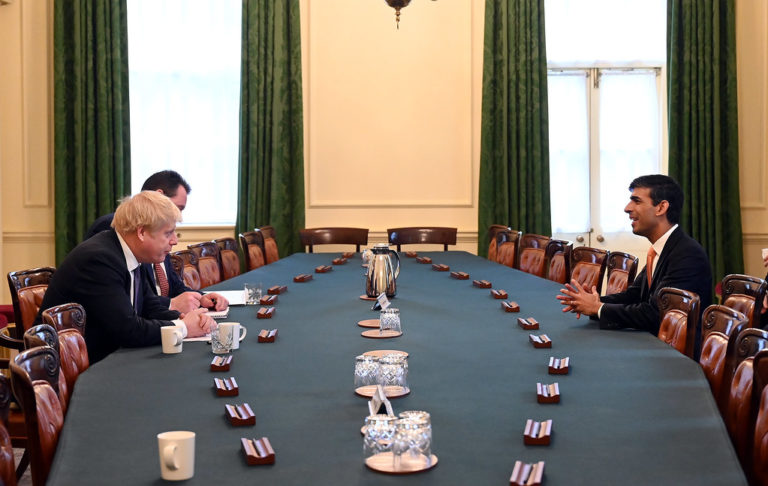
The Prime Minister has weakened the Treasury. Progressives should be grateful
The Treasury has always acted as a restraining influence on elected governments. The Prime Minister’s move is good news for democracy.

Principals of Macroeconomics 5: Robinson and the Theory of Capital
Joan Robinson first defined the term “macroeconomics” that appears in the title of these five blogs.. If John Maynard Keynes was the “father” of modern macroeconomics, Robinson was clearly its “mother”.

